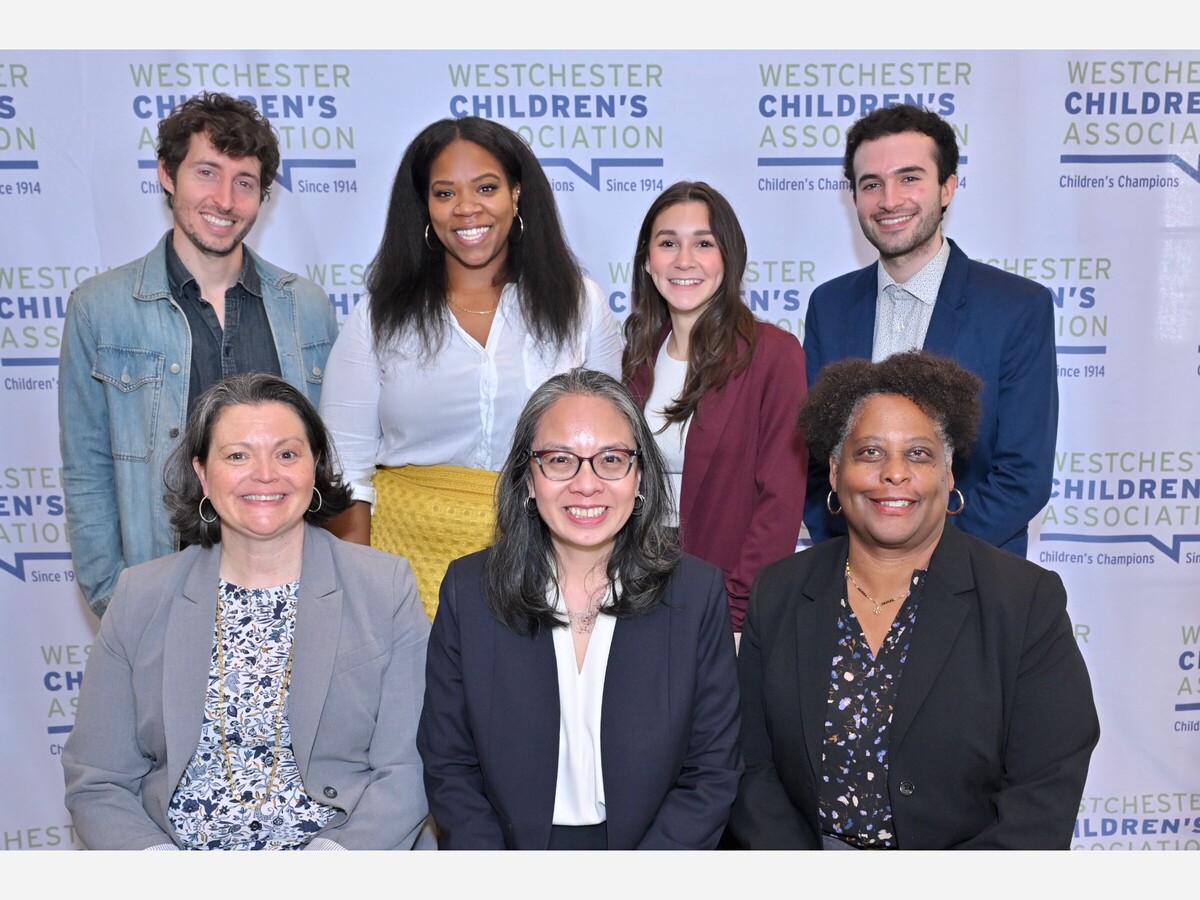Image


Each fall, the Westchester Children’s Association (WCA) gathers stakeholders to discuss major issues affecting children. This past October 22, more than 130 people, including elected officials State Senator Andrea Stewart-Cousins, State Senator Shelley Mayor, Assemblyman Steve Otis, County Legislators Nancy Barr, David Imamura, Emiljana Ulaj and Jewel Williams Johnson attended this year’s Annual Advocacy Breakfast. The theme, "Mind Over Media: Youth Mental Health in the Digital Age," highlighted the growing concern surrounding digital media's impact on the mental health of teens.
With 95% of teens aged 13-17 frequently using social media, concerns about its impact on youth mental health have increased. While social media provides connection and support, it also exposes teens to harmful content and cyberbullying, which can translate into higher risks for depression and anxiety.
In May 2024, U.S. Surgeon General Dr. Vivek Murthy released an advisory on the impact of social media on children's mental health which stated in part, “the effects of social media are complex and vary based on individual factors, including brain development and socio-economic background. Adolescents are especially vulnerable due to their developing brains, which make them more sensitive to social pressures and more prone to mental health challenges.”
Max Stossel, Founder & CEO of Social Awakening, served as the keynote speaker for this year’s WCA breakfast. Stossel delivered an insightful and engaging presentation on how students are using social media and provided recommendations to improve focus and reduce distractions in learning environments. His work centers on the intersection of technology and culture, addressing the urgent need for healthier digital environments for young people. During the breakfast, Stossel discussed how technology is often designed to be addictive and distracting, pushing the user further down the black hole. “You can never be hard core enough for social media” Stossel shared. He offered tools to help combat these effects and led a Q&A session on the impact of phones and social media.
“The only other trend that seems to correlate with the giant spike in teen mental health problems is the decline in free play. We are not letting our kids be kids anymore. We are not letting them fall down and get back up, go off and make their own mistakes; we are not giving them independence. If we’re being stricter about tech and social media, we better be scheduling some free play in their lives, letting them go over to their friends’ houses. Years ago, it was normal to have kids just go off on their own and go to their friend’s houses by themselves. Our trend has been to get very, very tight about those types of
activities and those rules, we have got to let our kids play, let them be kids, give them independence, especially if we are cracking down on social media.”
Tenth-grade student Aniyrah George from White Plains High School gave a speech titled “The Impact Social Media Has on Teens & Mental Health,” sharing her personal experience with social media George stated, "Comparison is the thief of joy. Teens often compare themselves to others on social media, which can lead to feelings of incompleteness and low self-esteem. We are supposed to love ourselves no matter what, and the first step to loving ourselves is accepting our true image without the pressure of putting on a show for likes and followers," said George.
“We hope that everyone enjoyed the presentation and discussion about youth mental health and social media and will share the lessons with friends, coworkers, and families. We are also asking that everyone take a moment to complete the WCA’s Pledge for Mental Health Advocacy,” stated Allison Lake, Executive Director of WCA, “adults need to walk the walk and monitor their own media usage.”
The Pledge for Mental Health Advocacy asks people to commit to learning about social media’s role in youth self-expression, speaking out for healthier online spaces and encouraging conversations, leading by example by encouraging digital disconnection and personal reconnection, and remaining engaged in policies, programs, and community-based initiatives around youth mental health.
Click Pledge for Mental Health Advocacy to learn more .
About Westchester Children’s Association
Westchester Children’s Association (WCA) is a multi-issue, child advocacy nonprofit that works to ensure that every child in Westchester is healthy, safe, and prepared for life’s challenges, regardless of race or zip code. Since 1914, WCA has been the leading independent voice for Westchester’s children by identifying their needs, making those needs known to the public, and ensuring those needs are met through advocacy and mobilization efforts. For more information about Westchester Children’s Association, call WCA at (914) 946-7676 or email wca@wca4kids.org.